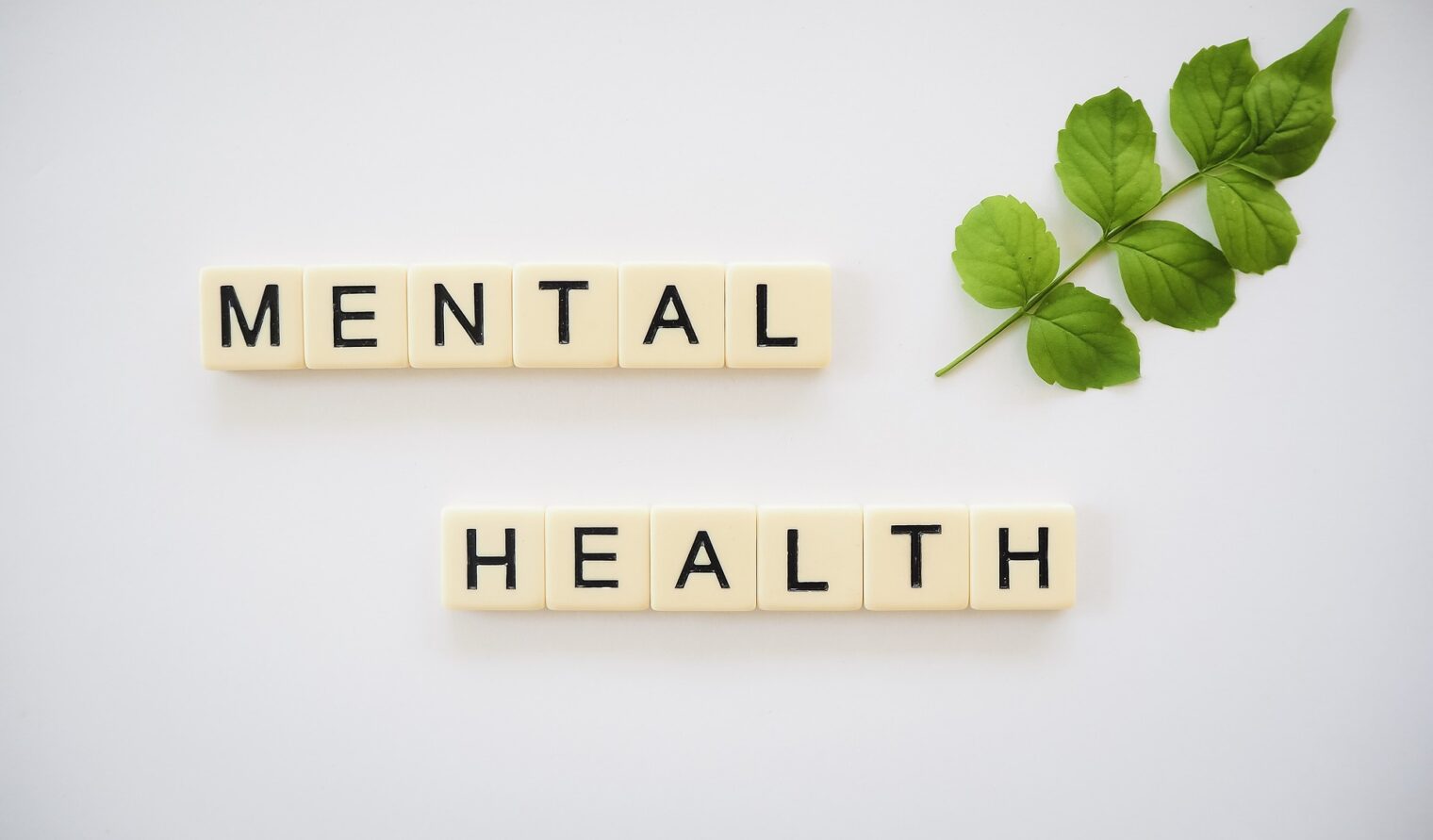Understanding the Link Between Cannabis and Mental Health
The link between cannabis and mental health is a real subject to learn about. Many people use cannabis for relaxation or fun. But not everyone knows how it might affect their mental health. Cannabis can make you feel good at first, but it may also bring problems, especially if used a lot.
Research shows that using cannabis can increase the risk of developing mental illnesses like depression or schizophrenia. This blog will explain the connection between cannabis and your mind.
We’ll cover risks, effects, and what to do if you need help.
Keep reading to learn more about the links between cannabis and mental health and keeping your mind healthy.
The Connection Between Cannabis and Mental Health
The cannabis mental health impacts are real. It can affect conditions such as schizophrenia and other psychoses, bipolar disorder, major depressive disorder, anxiety disorders, and posttraumatic stress disorder.
These effects warrant careful consideration when evaluating the relationship between cannabis and mental health.
Schizophrenia and other psychoses
Research shows a link between frequent cannabis use and an increased risk of developing schizophrenia and other psychoses. People who use cannabis, especially at a young age or those with a family history of mental illness, may face a higher chance of experiencing psychotic symptoms.
These can include hallucinations, delusions, and losing touch with reality. The connection appears stronger in individuals who consume cannabis heavily or those exposed to more potent forms like high-THC strains.
Continued research is essential to fully understand how cannabis influences the development and progression of bipolar disorder. This next section further explores the relationship between marijuana use and bipolar episodes, highlighting the need for awareness about potential risks.
Bipolar disorder
Cannabis use can impact bipolar disorder. Research suggests that individuals with bipolar disorder who use cannabis may experience more severe manic and depressive episodes, as well as increased risk of rapid cycling between mood states.
The psychoactive compounds in cannabis could potentially disrupt the stabilizing effects of mood-stabilizing medications in individuals with bipolar disorder. Therefore, it is crucial for those with bipolar disorder to be aware of the potential risks associated with cannabis use and seek professional guidance when addressing their mental health concerns.
Major depressive disorder
Major depressive disorder, also known as clinical depression, significantly affects mood, thoughts, and physical well-being. Cannabis use has been linked to an increased risk of developing major depressive disorder or exacerbating the symptoms in individuals who already have this condition.
Research suggests that cannabis use can impact serotonin levels in the brain, which play a crucial role in regulating mood and emotions. Additionally, heavy cannabis use may hinder the effectiveness of traditional antidepressant medications.
Understanding these potential risks is essential for addressing mental health challenges associated with cannabis use.
Anxiety disorders
Moving from the discussion of major depressive disorder to anxiety disorders, it’s important to recognize the impact of cannabis on mental health. Cannabis use is linked with increased risk and severity of anxiety disorders.
Individuals who regularly use cannabis may experience heightened feelings of unease, fear, or worry, which can interfere with their daily lives. Moreover, excessive consumption of cannabis has been associated with an increased likelihood of developing various anxiety disorders.
It’s crucial to understand these cannabis and mental health connections in order to address the potential risks and effects on individuals’ psychological wellbeing.
Posttraumatic stress disorder
Posttraumatic stress disorder (PTSD) is a mental health condition triggered by a terrifying event, either by experiencing it or witnessing it. Cannabis use has been associated with exacerbating PTSD symptoms and interfering with the natural recovery process.
Research suggests that cannabis use may heighten anxiety symptoms and emotional reactivity in individuals with PTSD, possibly making their symptoms more challenging to manage. Furthermore, cannabinoids found in cannabis can impact the endocannabinoid system, which plays a role in emotional regulation and memory processing—both of which are implicated in PTSD.
Understanding this link between cannabis use and PTSD is crucial for developing effective treatment strategies.
Effects of Cannabis Use on Mental Health
Cannabis use has been associated with the development and exacerbation of mental disorders, potentially leading to an increased risk of suicide. It can also impact anxiety and PTSD symptoms, underscoring the significance of understanding its effects on mental health.
Association with development of mental disorders
Cannabis use has been associated with an increased risk of developing various mental disorders, including schizophrenia and other psychoses, bipolar disorder, major depressive disorder, anxiety disorders, and posttraumatic stress disorder.
Research suggests that the use of cannabis can contribute to the onset of these conditions in susceptible individuals. This correlation between cannabis use and mental health underscores the need for further investigation and understanding to inform effective prevention strategies and interventions.
Understanding the potential connection between cannabis use and mental disorders is crucial in addressing public health concerns related to substance use and psychiatric outcomes. Active research into this association is imperative for developing evidence-based approaches to mitigate risks and improve overall mental health outcomes.
Impact on course or symptoms of existing mental disorders
Cannabis use can exacerbate symptoms of existing mental disorders, such as schizophrenia, bipolar disorder, and major depressive disorder. It may intensify the course of these conditions and worsen their severity.
Studies have also suggested a potential link between cannabis use and an increased risk of suicide among individuals with mental health challenges. For those already experiencing anxiety or PTSD symptoms, cannabis use can further compound their psychological distress.
The impact of cannabis on existing mental disorders cannot be overlooked. Research underscores its potential to worsen the course and intensity of conditions such as schizophrenia, bipolar disorder, and major depressive disorder.
Potential increased risk of suicide
Moving from the impact of cannabis on existing mental disorders to the potential increased risk of suicide, it is crucial to acknowledge that individuals with mental health issues are at a higher risk for suicidal thoughts and behaviors.
Research suggests that cannabis use can exacerbate these risks, particularly among those already struggling with mood disorders or psychosis. It’s important for individuals and healthcare providers to be aware of this connection when addressing mental health concerns in relation to cannabis use.
Impact on anxiety and PTSD symptoms
Cannabis use can exacerbate symptoms of anxiety and post-traumatic stress disorder (PTSD), potentially worsening the conditions. Research suggests that cannabis consumption may lead to increased feelings of fear, worry, or unease in individuals with anxiety disorders.
Moreover, for those with PTSD, using cannabis could interfere with the natural process of overcoming traumatic experiences and may intensify distressing memories or flashbacks. These findings emphasize the need for a comprehensive understanding of how cannabis affects mental health, especially in relation to anxiety and PTSD.
Individuals experiencing anxiety or PTSD should be aware of the potential impact that cannabis use might have on their symptoms. Seeking professional guidance and exploring alternative coping strategies is crucial in managing these mental health concerns effectively without worsening their conditions due to cannabis consumption.

Addressing Research Gaps and Future Directions
Researchers must explore future avenues of inquiry and endeavor to fill gaps in our knowledge about the intricacies of the link between cannabis use and mental health. Keep reading for a deeper understanding of cannabis and mental health.
Areas for further study and research
Studying the impact of cannabis on specific mental health conditions such as schizophrenia, bipolar disorder, and major depressive disorder could reveal valuable insights into potential preventative measures and targeted interventions.
Investigating the interaction between different strains of cannabis and mental health symptoms may contribute to a better understanding of how specific chemical components affect individuals differently.
Exploring the long-term effects of cannabis use on brain development in adolescents and young adults is crucial for establishing evidence-based guidelines for age-specific interventions.
Understanding the synergistic effects of substance use, including alcohol and other drugs, alongside cannabis can provide a more comprehensive understanding of their combined influence on mental health outcomes.
Continued research into the therapeutic potential of cannabinoids in treating certain psychiatric disorders may lead to innovative treatment modalities that offer new avenues for managing mental health conditions effectively.
Furthermore, delving deeper into patterns of marijuana use among different demographic groups can shed light on disparities in vulnerability to adverse mental health outcomes, guiding targeted prevention efforts.
Importance of evidence-based approaches
Evidence-based approaches are critical in understanding the link between cannabis and mental health. Research that is rooted in evidence forms the foundation for developing effective strategies to address the risks and effects of cannabis on mental well-being.
It provides a solid framework for healthcare providers to offer tailored interventions, aiding those affected by cannabis-related mental health issues. Without evidence-based approaches, it becomes challenging to accurately assess the impact of cannabis on various mental disorders such as anxiety, depression, bipolar disorder, and schizophrenia.
Furthermore, evidence-based research empowers individuals with reliable information to make informed decisions about their mental health and substance use.
Investigating the association between cannabis use and mental health through rigorous scientific methods is crucial for identifying potential risk factors and determining appropriate intervention measures.
Potential consequences of ignoring the link between cannabis and mental health
Ignoring the link between cannabis and mental health can lead to exacerbated symptoms of existing mental disorders, increased risk of developing new mental health issues, and potential exacerbation of anxiety and post-traumatic stress disorder.
Not addressing this connection may also contribute to an elevated risk of suicide among individuals struggling with cannabis use and related mental health challenges. These consequences underscore the critical need for heightened awareness, preventive measures, and access to evidence-based interventions in the realm of substance use and its impact on mental well-being.
Seeking Help for Cannabis and Mental Health Issues
If you’re facing cannabis-related mental health issues, knowing when and how to seek help is crucial. Accessing support and understanding self-help strategies can make a significant difference in managing these challenges.
When to seek help
If you experience persistent feelings of anxiety, depression, or changes in mood after cannabis use, seek help from a mental health professional. Noticeable disruptions in daily activities due to cannabis use should prompt seeking assistance.
It is advisable to reach out for support if you are struggling with managing your cannabis consumption independently.
How to access help
If you or a loved one is struggling with cannabis-related mental health issues, it is important to seek professional help. Start by reaching out to a licensed mental health provider who has experience in treating substance use disorders and co-occurring mental health conditions.
Local community mental health centers, addiction treatment facilities, and private therapists can provide tailored support and treatment options. You can also contact national helplines or hotlines for immediate assistance and guidance on finding appropriate resources.
Remember that seeking help is the first step towards recovery.
Self-help strategies for addressing cannabis use and mental health issues
To address cannabis use and mental health issues, individuals can incorporate self-help strategies into their routine. Engaging in regular physical activity, such as exercise or sports, can contribute to overall well-being and help reduce the impact of cannabis on mental health.
It’s also essential to focus on developing healthy coping mechanisms for managing stress and emotional challenges. Practicing mindfulness and relaxation techniques like deep breathing exercises or meditation can aid in controlling anxiety and promoting a sense of calm.
Additionally, maintaining a balanced diet rich in nutrients supports cognitive function and mood regulation, bolstering efforts to manage cannabis-related mental health concerns effectively.
Cannabis and Mental Health Conclusion
Understanding the link between cannabis and mental health has significant implications for individuals. Recognizing the potential risks and effects can empower people to make informed decisions about their well-being.
Implementing evidence-based approaches, seeking help when needed, and being aware of the impact of cannabis on mental health are essential steps towards promoting overall wellness.
By emphasizing practical strategies and highlighting their importance, we can foster a better understanding of this critical issue in mental health. Accessing additional resources or professional guidance further supports ongoing learning and engagement with this topic.
Ultimately, taking proactive steps towards addressing this connection can lead to improved outcomes for public health and individual well-being alike.


